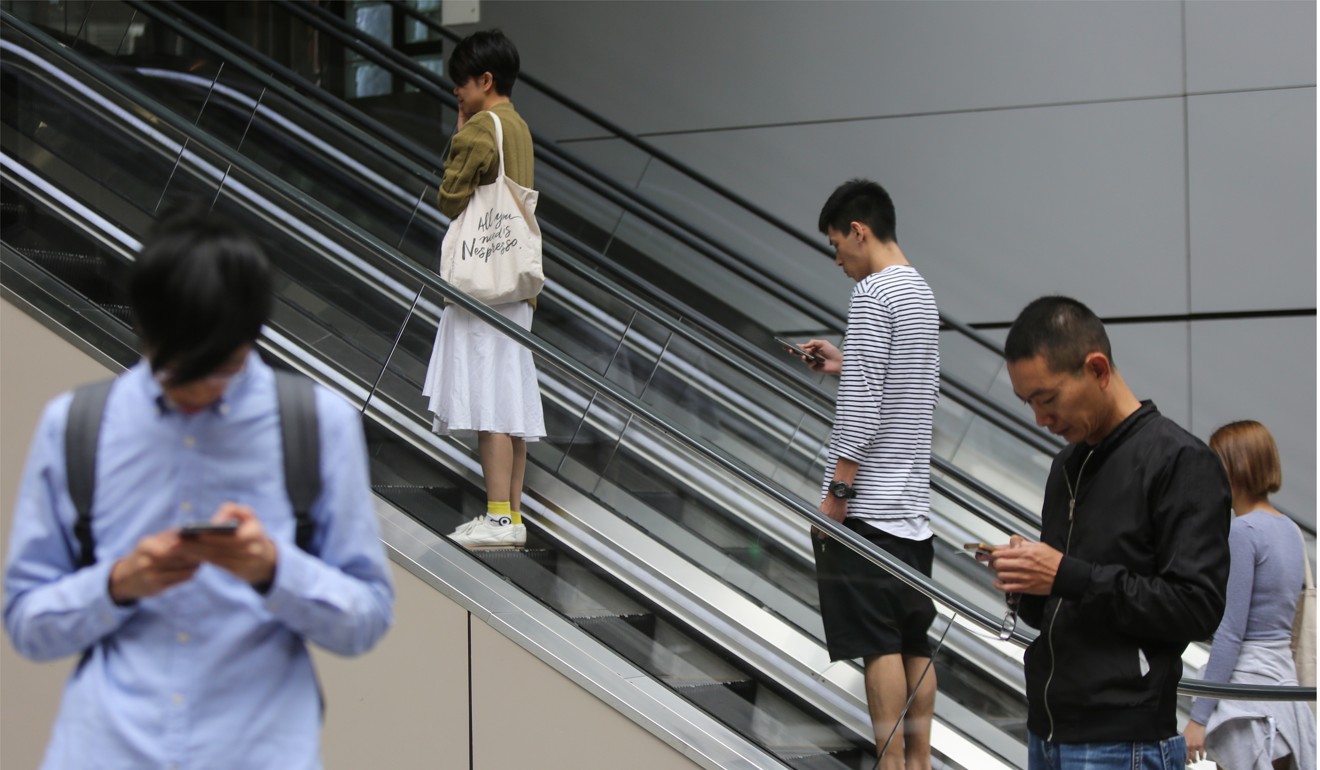
Taiwanese WhatsApp scam costs Hongkongers tens of thousands of dollars
Gang hijacked victims’ WhatsApp accounts and asked their friends to transfer money or points cards for online games
A gang of Taiwanese con artists is suspected to have been behind a new scam where WhatsApp users in Hong Kong had their accounts hijacked and people on their contact lists were deceived, prompting local police to seek help from overseas law enforcers.
The Post understands that the scam first came to the attention of police in November and more than 60 people have been duped out of hundreds of thousands of dollars over the past three months.
Only a single-digit number of cases were recorded in November, involving losses of more than HK$10,000 (US$1,280), but rose to more than 30 reports in December when scammers bagged about HK$200,000 (US$25,570), the Post learned. A similar number of cases and amount of losses were recorded last month.
Investigations indicated swindlers pretended to be friends of WhatsApp users and lured them into revealing their account’s verification codes before sending messages to people on their contact lists, according to police.
Officers believe fraudsters first gathered information such as phone numbers through their targets’ Facebook accounts or other online social media.
Four held in Hong Kong over scams that duped would-be investors out of HK$11 million
Con artists posing as the targets’ friends claimed their WhatsApp accounts were disabled and had to be set up again and their mobile phones were also broken. The account’s verification code would be sent to the mobile phones of the targets who are then instructed to send the code to their “friends”.
A police source said the verification codes requested by scammers were, in fact, for the victims’ own WhatsApp accounts.
“Con artists accessed the WhatsApp accounts with the verification codes and they posed as the genuine users and sent text messages [in Chinese] to people on the contact lists to deceive [them],” he said.
“Hi, are you available? Need your help!” was what scammers said in the first message.
“Scammers then requested victims to buy point cards for online games on their behalf or transfer money into designated bank accounts,” the source said.
He said the genuine account holders were unable to use WhatsApp for up to 12 hours after their accounts were hijacked.

Police said each victim lost anywhere from a few hundred dollars to HK$10,000.
“We believe fraudsters from Taiwan are behind the scam because the point cards they requested are used for the Taiwanese versions of online games,” another source said.
English-speaking bogus consulate callers targeting victims in latest Hong Kong phone scam
The Post has learned that the force has sought help from overseas law enforcement agencies such as Taiwanese authorities through Interpol in an effort to stop the scam.
“They send deceptive messages to targets through WhatsApp, but they claim their accounts have been disabled. They instruct the verification code to be sent to their mobile phones but they allege their cellphones have broken down,” he said.

Police advised residents to safeguard their personal data, verify the identity of senders and not to transfer money to strangers’ bank accounts. If in doubt, the public should call the Anti-Scam Helpline, 18222, immediately.
Official figures show police handled 7,091 reports of deception last year, down 2.3 per cent from 2016.

